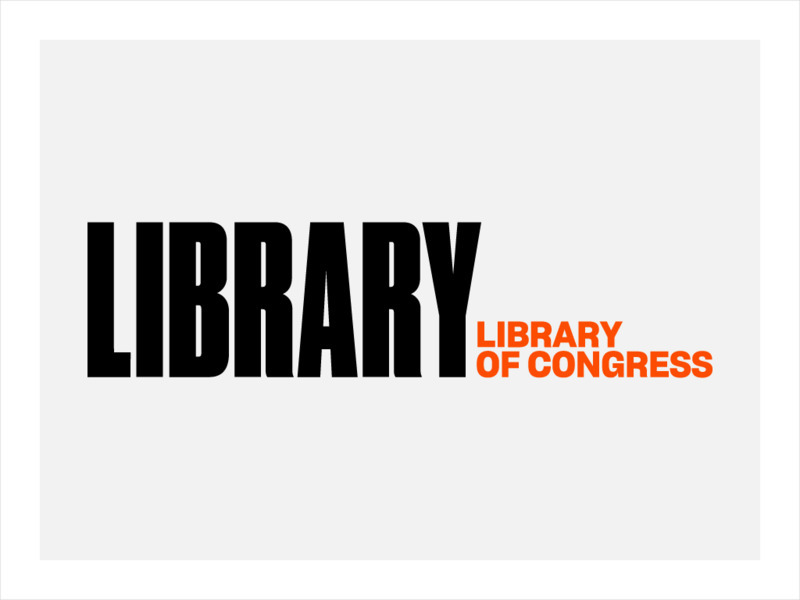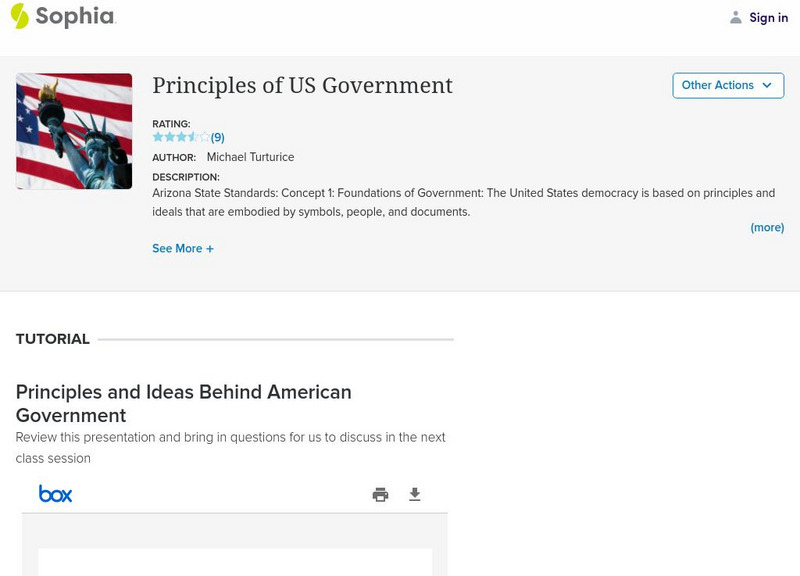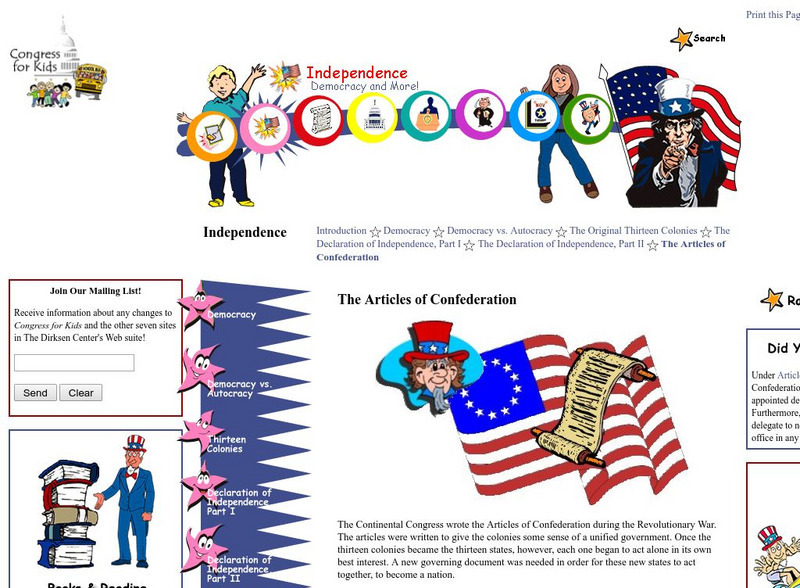Curated OER
Drawing on Terror
Young scholars assess the ways in which editorial cartoons offer insight into events that shape our world, specifically focusing on the September 11, 2001 terrorist attacks on the United States.
Curated OER
Five Utah Indian Tribes
Fourth graders study the five Utah Indian Tribes being able to identify the tribes by name and location.
Curated OER
Modern Day Pilgrims
Eleventh graders explore how modern day immigrants may be pilgrims in their own respect. They learn what immigrants and pilgrims are, and be assigned to demonstrate learning about an immigrant in their ancestry.
Curated OER
Issues in Public Education During the Kentucky Civil Rights Era
Pupils conduct oral history interviews and research historical and contemporary media articles about multiculturalism and diversity.
Curated OER
The Battle for New Orleans
In this Battle for New Orleans worksheet, learners read a 3 page article on the battle and then answer 10 true or false statements referring to the article.
Curated OER
Passport to the Word Field Day
Young scholars experience physical educational activities from various cultures. In this field day instructional activity, students participate in multi-cultural activities such as soccer and the Greek Torch Relay.
Curated OER
Veterans Day Lesson Plans
We can take a moment to recognize the soldiers who served and protected our country with Veterans Day lesson plans.
Library of Congress
Loc: Policies and Problems of the Confederation Government
This teacher resource includes imagesand historical documents, alllowing readers to trace the creation of our government from the Continental Congress through the Articles of Confederation. An overview helps to clarify the policies and...
OpenStax
Open Stax: Common Sense: From Monarchy to an American Republic
After reading this section from a chapter on "Creating Republican Governments," students will be able to compare and contrast monarchy and republican government and describe the tenets of republicanism.
Massachusetts Institute of Technology
Mit: Open Course Ware: The American Revolution
Teachers will find an assortment of readings to enhance teaching about the revolutionary origins of the American Government.
Sophia Learning
Sophia: Principles of u.s. Government
Tutorial presents an introduction to the principles of the United States democratic government highlighting the differences and similarities between Roman and U.S. governments.
US Government Publishing Office
Ben's Guide to u.s. Government: Declaration of Independence: 1776
Website with games and information on American government provides information on the Declaration of Independence and summarizes the history surrounding the document.
Other
History Today: Native Americans and the Federal Government
Andrew Boxer traces the origins of a historical issue still as controversial and relevant today as in past centuries. At the start of the twentieth century there were approximately 250,000 Native Americans in the USA - just 0.3 per cent...
iCivics
I Civics: Wanted: A Just Right Government
Look at the tensions and differences of opinion that existed among early American states and citizens. Learn about the Articles of Confederation, why the first "constitution" didn't work, and how compromise led to the Constitution.
Quia
Quia: American Colonial Government and Policies
Review your knowledge of the early American government with these interactive games. Play concentration, matching, flashcards, or click on "list of terms" to see the vocabulary used in each activity.
Other
Liberty Online: Locke's Second Treatise on Government: Of Conquest
At this site you can read Chapter XVI, Of Conquest, by John Locke stating that the basis of any government must be the consent of the people, and implying in the writing that war or revolution is often mistaken as consent. (Published in...
US Government Publishing Office
Ben's Guide to u.s. Government: Symbols of u.s. Government: Uncle Sam (3 5)
Read historical background on the origins of Uncle Sam, the figure that symbolizes the United States.
University of Groningen
American History: Outlines: Common Sense and Independence
Overview of the philosophy of Thomas Paine in his widely read Common Sense pamphlet, and "natural rights" philosphy as expressed in the opening passage of the Declaration of Independence.
Other
New Britain Museum of American Art: George Tooker
This resource provides information about the artist George Tooker. His painting "Bird Watchers" may be enlarged and is accompanied by an analysis of the artwork and background on the artist.
Library of Congress
Loc: American Memory: George Washington to James Madison, 1787
Read George Washington's observations of the delegates, particularly the Anti-Federalists, at the Constitutional Convention, and the objections the opposition presented, which Washington cites in the letter. View an image of the original...
US Census Bureau
U. S. Census Bureau: People of Arab Descent
This report, based on the 2005 Census, details the distribution of people of Arab descent based on gender, age, marital status, country of birth, English-speaking ability, educational attainment, employment status, poverty level/family...
The Dirksen Congressional Center
Congress for Kids: The Articles of Confederation
At this site read a short synopsis of the Articles of Confederation, and then complete a short quiz by clicking on the "show what you know" link at the bottom.
Library of Congress
Loc: The Learning Page: Government Policy Toward Native Americans
How did the new government deal the Native Americans living in the Northwest Territory? Find out what the government did to keep the peace between the original inhabitants and the new settlers.
Ohio State University
Osu History Teaching Institute: Declaration of Independence
Lesson plan helps students understand the Declaration of Independence.



















